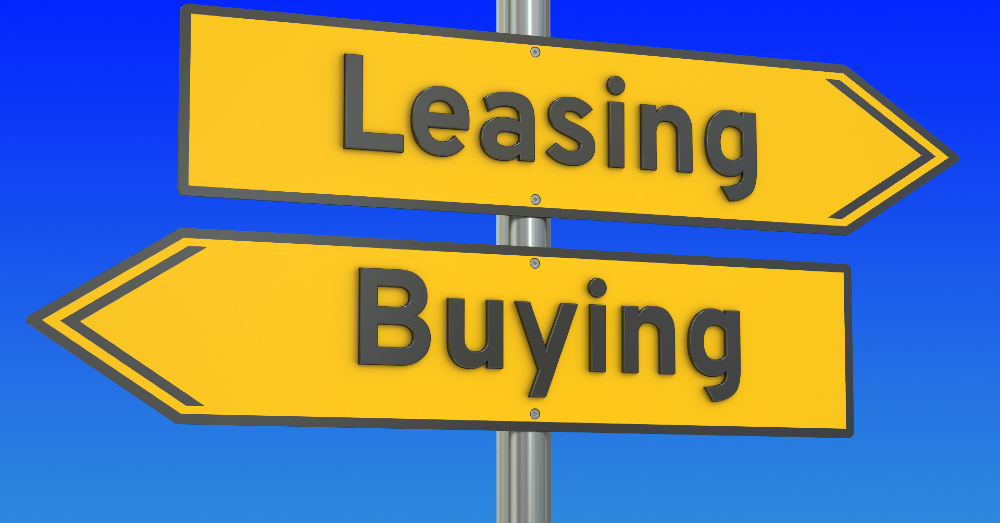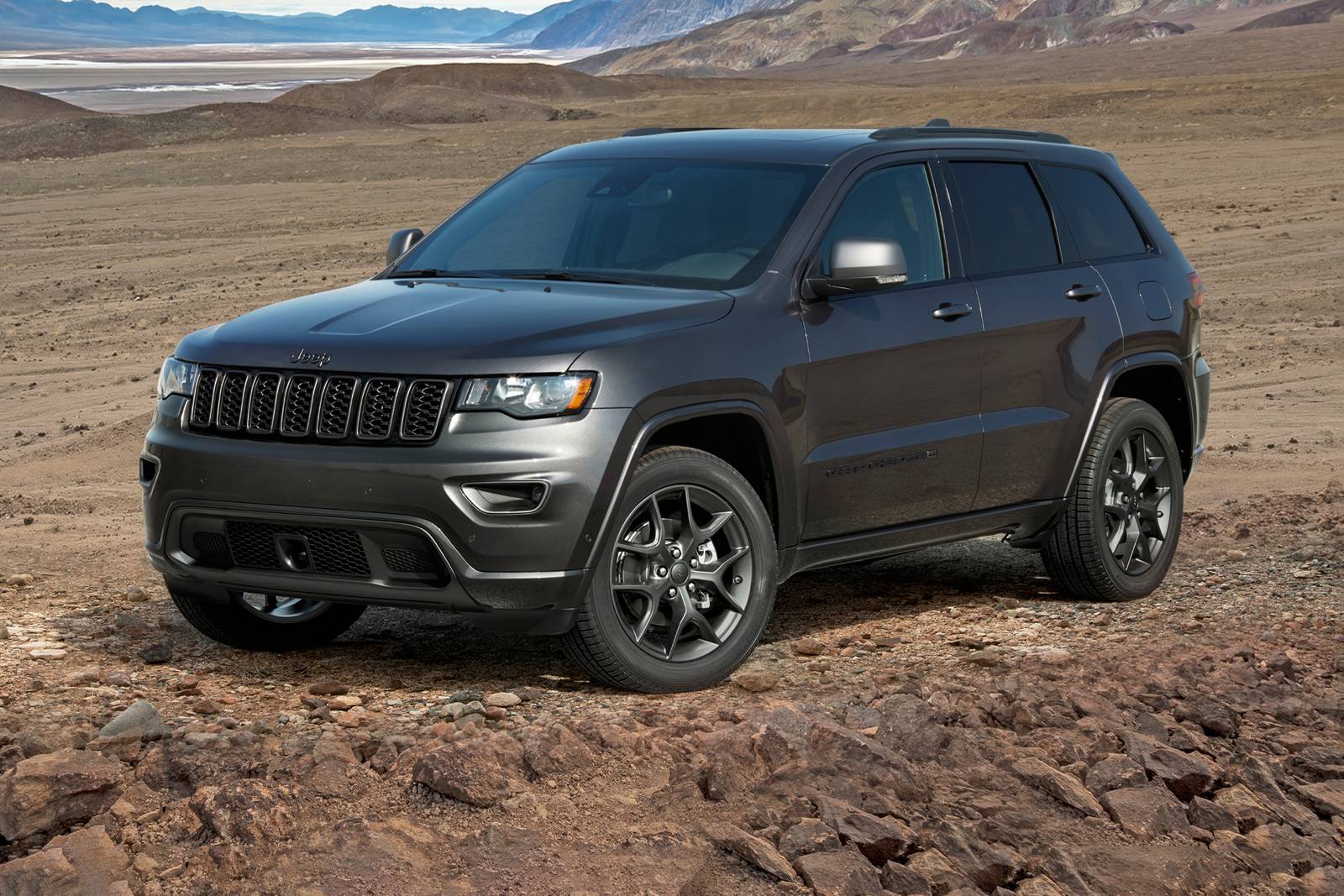When you head to the car dealership to pick out your new vehicle, you have to figure out whether you want to buy or lease a car.
There are benefits to both situations, depending upon how you want to pay and what you want to deal with. Let’s look at some of the ways you can spend a little less when paying for your car. What are some of the advantages and disadvantages of each situation?
Reason to Lease the Car You Want to Drive
If you choose to lease a car, you’re going to pay a lot less per month. Payments for a lease are typically only for the estimated depreciation and mileage of the vehicle that you drive. This means you could choose to drive a higher trim than what you would if your payments were higher. Ask the team at your local dealer about discounts and savings for your lease to help you pay even less.
What are Some of the Benefits?
When you’re faced with the decision to buy or lease a car, you’ve got some benefits that will steer you toward leasing the vehicle. Some of these benefits include:
- Covered Repairs – your lease period is almost entirely going to happen during the time of the manufacturer’s standard warranty. This means you don’t have to worry about repairing your car when something fails
- Lower Starting Costs – Some lease programs require a large initial payment to get into the program, but some offer a zero cost fee starting program. Look for a special lease program, and you’ll have the lowest starting cost you can find
- Lower Monthly Payments – Most of the time, the payments during a lease are much lower than those you’ll find when you buy a car through financing.
Reasons Not to Lease a Car
When you lease a vehicle, you only drive it for a specified period of time. This timeframe is typically 36-48 months, after which you have to either turn the vehicle in at the dealership or pay for it outright. Normally, lease programs also require a large payment to have the lease started, which can be more than you planned on paying. A lease will also limit the number of miles you can drive every year.
Disadvantages of Leasing
- The Car Isn’t Yours – You’re not putting any equity into a leased vehicle. Your lease is 100% like renting the car during the lease period
- Driving is Restricted – There is a mileage restriction for every lease program. Typically, you can drive 12,000 miles per year with no penalty, but if you drive more than allowed, you’ll pay for the additional mileage.
- Condition Requirements – You are responsible for damages when you lease a car. In fact, at the end of the lease, the dealership will perform an inspection, and your vehicle needs to be in tip-top condition.
Reasons to Buy a Car
If you’re trying to figure out whether you want to lease or buy a car, buying means the car is yours. You can make changes to it, improve it, upgrade it, and drive it as long or as far as you like. You’re paying for a loan that you secured with a financing institution and won’t have to turn the vehicle in at all. Once the loan is paid off, the vehicle belongs to you, and you can continue to drive it as long as you want.
Make the Car Yours
The greatest advantage to buying a car is that it’s yours. You can perform upgrades, drive as far as you want, and enjoy how the car works without worry. You have no restrictions as to what you can do with the car, and you’ll build equity toward the full ownership of the car. Some part of every payment goes toward the principal of your loan.
Reason Not to Buy a Car
It can be difficult to get out of a loan before the end of the term when you buy a vehicle. If you owe more on a vehicle than it’s worth, and you want to trade it in, that’s called “being upside down” in the loan. Your payments are higher than with a lease program, which means you don’t have room in your budget to add more stuff to your vehicle if you want.
Disadvantages of Buying a Car
Just because the car is yours doesn’t mean that’s the best situation for you. There are some reasons you shouldn’t buy the car you drive. Here are some of them:
-
- Upside-Down Loan – Already covered, but it’s worth mentioning. If you want to return the vehicle sooner than the end of the loan or your car gets totaled and you ow more than its worth, that’s being upside-down in the loan. For this reason, you should have gap insurance on your vehicle that will cover the difference in cost.
- Repair Costs – The cost of repairs on a car you buy is your issue. Of course, you have the same warranty that you would have when you lease a car instead of buying it. After the factory warranty has ended, you won’t have this peace of mind any longer.
- Higher Down Payments – Sometimes, the down payment you need to make for a vehicle is much higher than the initial cost incurred for a leased vehicle. The difference in the decision to lease or buy a car could require you to pay more to get into a vehicle that you want to buy and enjoy every day.
- Depreciation – If you ever plan to sell your car, you’ll face a lower value of depreciation. As soon as you drive off the lot, you’re facing this problem. Of course, if you want to keep your car until it dies, you won’t have to worry about this issue.
Should You Buy or Lease a Car?
If you intend to keep your car for only three or four years, you’ll want to lease a car. This means you pay less per month and get to turn the car in at the end of the term. When you know you want to keep your car for a long time, you’ll want to buy it. Should you buy or lease a car, that depends on your own preferences, and only you can make that decision.
This post may contain affiliate links. Meaning a commission is given should you decide to make a purchase through these links, at no cost to you. All products shown are researched and tested to give an accurate review for you.




